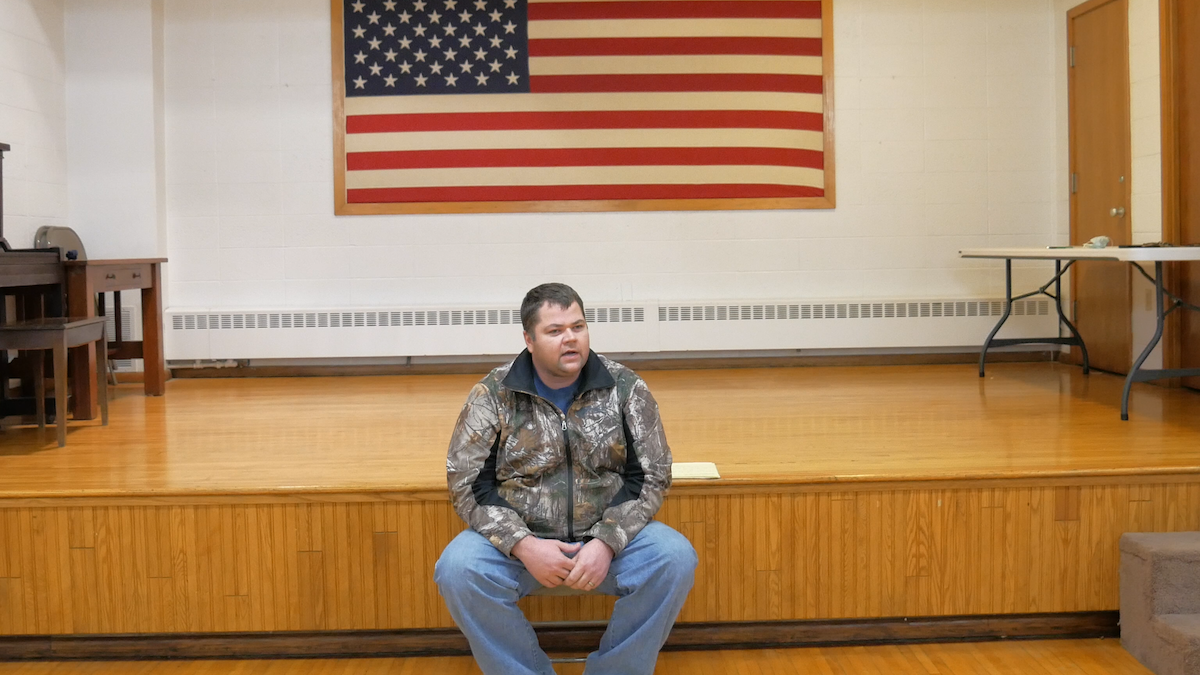Professor Raleigh Levine, a professor of law at the Mitchell Hamlin School of Law, said that the city's case would have been much stronger if they were consistent and only allowing residential uses in residential zones. But like Mayor Kavanagh mentioned, there are other churches in town. The city has a practicing Catholic church, also in a residential zone.
The main issue, Mayor Kavanagh said it time and again, is white supremacist religion or not, the Asatru Folk Assembly is protected under the First Amendment. Now, let's briefly refresh on the First Amendment — Civics 101:
"The point of the first amendment when it comes to speech and religion is essentially to keep the government from censoring views and beliefs with which it doesn't agree," said Professor Levine. She said we don't need it to protect "Minnesota nice" speech because "that would fly anyway. What we need it for is speech and viewpoints that are offensive to a lot of people and that otherwise would go unheard," she said. The first amendment exists to allow for the airing of offensive and upsetting opinions and beliefs "so that we as a society can evaluate their truth and evolve over time. If we're never exposed to things that discomfort us that make us unhappy or upset we never questioned our own assumptions and we don't move forward."
There's also something called the fighting words doctrine. In 1942, the Supreme Court ruled that "words which by their very utterance, inflict injury or tend to incite an immediate breach of the peace" don't receive full protection under the first amendment. On their website, the AFA follows something called the "Warrior Principle" which says, "we believe that our members should strive to be ready for the challenge to defend our folk, gods and goddesses with both cunning and physical skill when needed." Are these fighting words?
"It is really difficult to prove that words on a website, they aren't directed at a mob and that aren't likely to provoke immediate illegal action are going to fall within the definition of incitement," Professor Levine said. "So the call to be prepared to defend white people with physical skill when needed probably lacks the immediacy necessary to fall into the incitement category. Even though this speech kind of skirts the edges of both fighting words and incitement it probably doesn't fall squarely within either and probably the Supreme Court would deem it to be fully protected under the first amendment."
The key here is that the speech needs to be directed at a specific individual for it to be deemed fighting words. Professor Levine said that the Court has moved away from the fighting words doctrine, especially the part that includes words that cause emotional pain. "But the court has found time and again, that racist speech is protected by the first amendment. ... There's a distinction between belief and thought and speech on the one hand and action on the other and until speech or belief crosses the line into action, it's fully protected by the first amendment," she said. "Even if it is odious, even if it is offensive, even if it is traumatic and even if most of us think that it's just absolutely wrong and abominable."
So, I wondered because odious offensive, traumatic harassing speech is protected, is it time to reassess the first amendment?
"I'm talking as a first amendment advocate. I my career I have had to stand up for the rights of people with whom I disagree vehemently because I am trying to stand up for a principle and not a particular person," Professor Levine said. "Although the entire constitution was founded on a system of slavery and is indeed reflective of a racist society that was aimed at protecting the property rights of rich, white, property owning males, the first amendment is actually one provision of the constitution that really, from the beginning, has been meant to protect the rights of minorities and that continues to be a value whether any of us at any time is in the majority or in the minority. We should all be grateful that when we are in the minority that we will be able to speak our mind and convince other people of the value of what we have to say."





